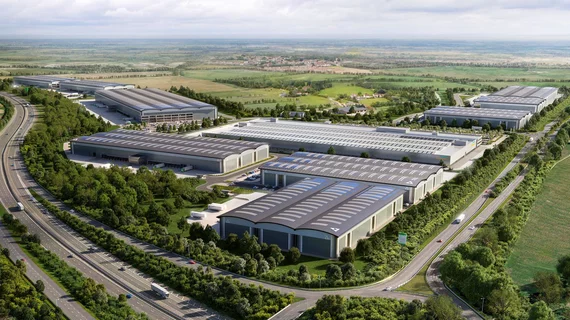Siemens Healthineers investing $314M to build new MRI manufacturing facility
Siemens Healthineers is investing over $314 million (USD) to construct a new MRI manufacturing facility, which will employ more than 1,300 workers once completed, the company said Friday.
The facility is in North Oxfordshire, northwest of London, and will design and manufacture superconducting magnets used by imaging providers worldwide. The site also will include a research and development hub focused on creating “innovative and sustainable” MRI technology.
Siemens said this is the first major production site for its new DryCool technology that drastically reduces the amount of helium required for magnetic resonance imaging.
“As a world leader in medical imaging, we are very proud to open the next chapter of our history here in Oxford,” Bernd Montag, CEO of Siemens Healthineers, said in a May 10 announcement. “This factory will be the global center for our innovative low-helium magnet technology, meaning we consume far less of a scarce natural resource and enable access to MRIs for many more patients.”
The nearly 184,000 square-foot facility is slated to open in 2026 and will also be carbon neutral. It’s one of six current and planned Siemens Healthineers manufacturing sites in the United Kingdom. Once fully operational, Siemens said the factory will retain 600 workers from an existing site in Eynsham. Staffers will include highly skilled workers such as physicists, engineers and technicians.

